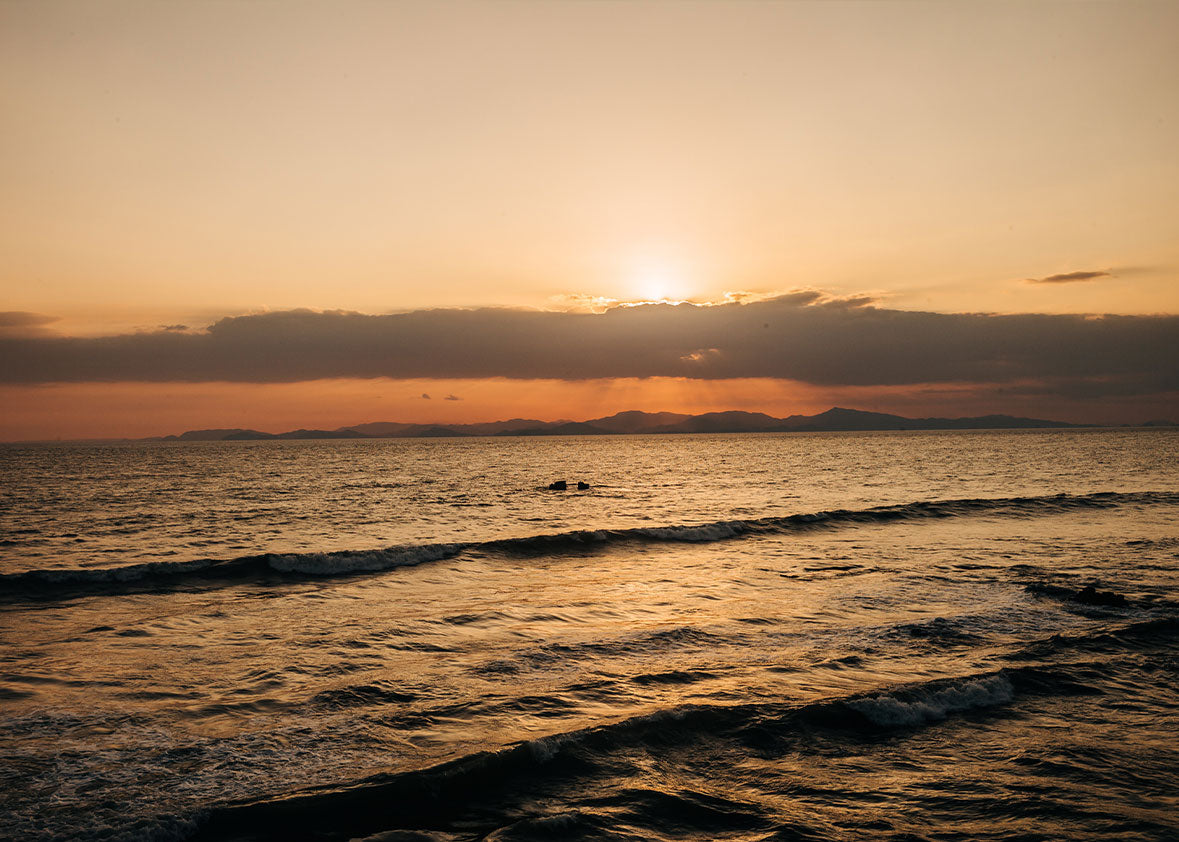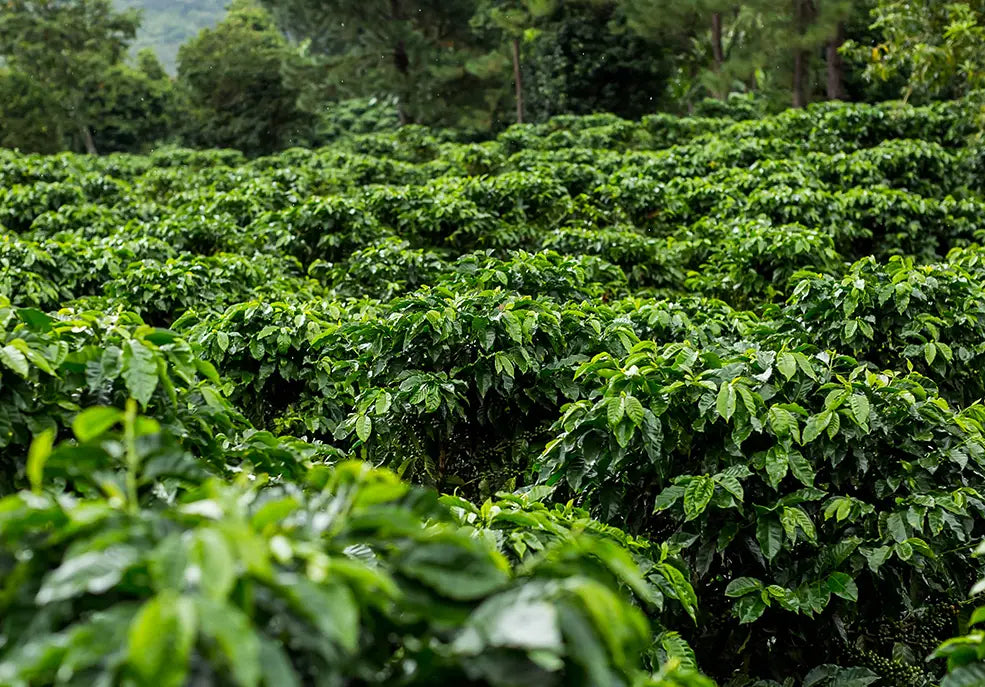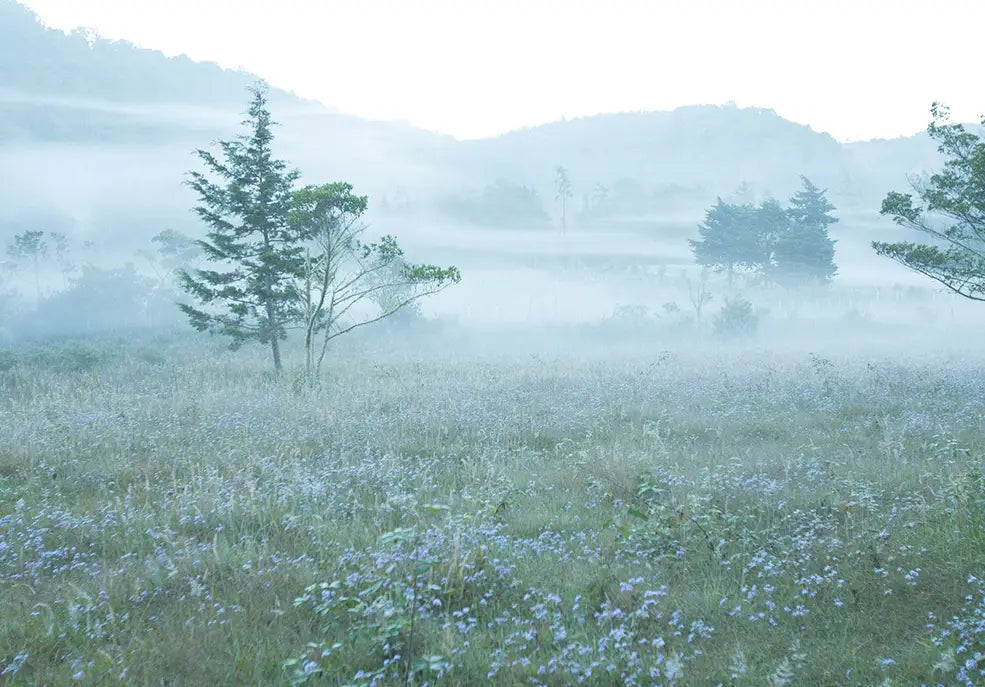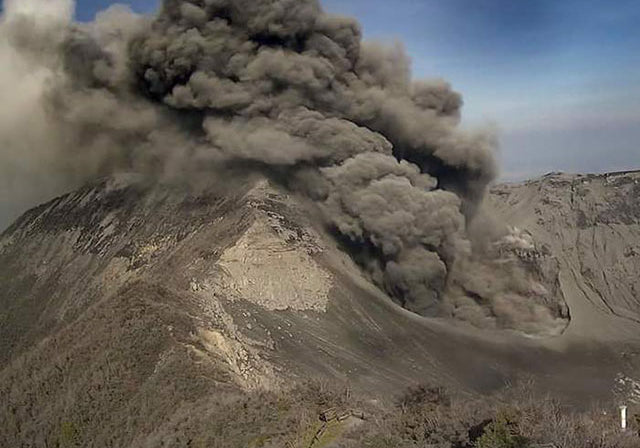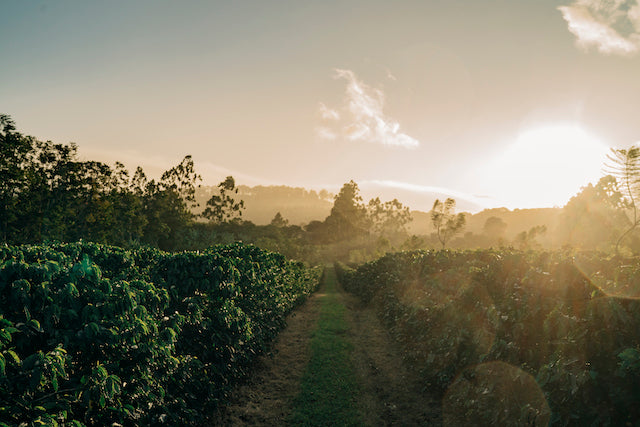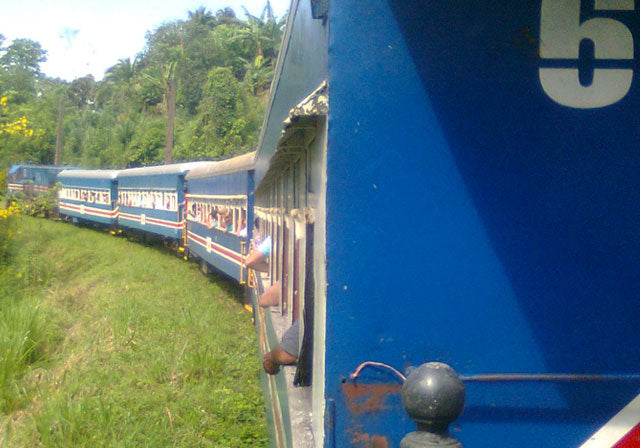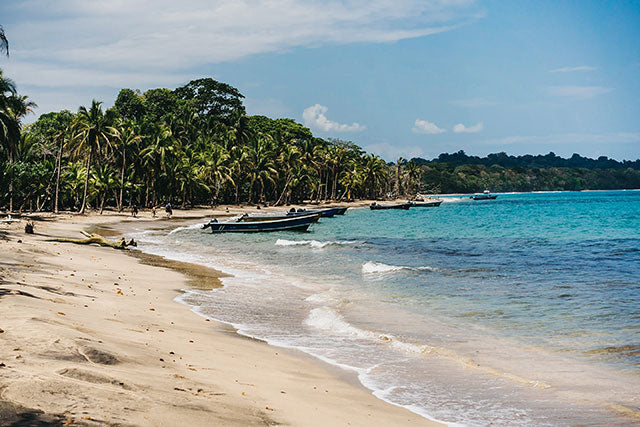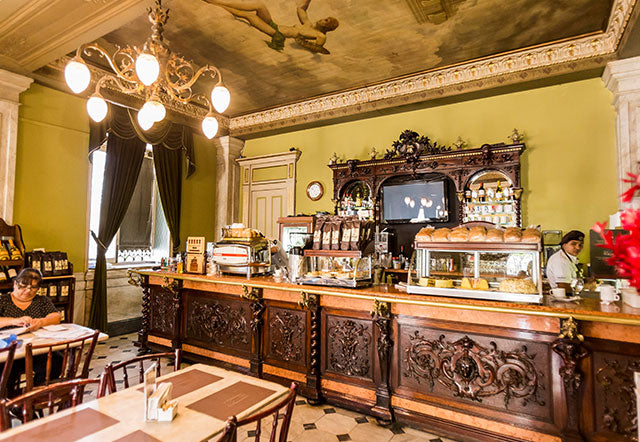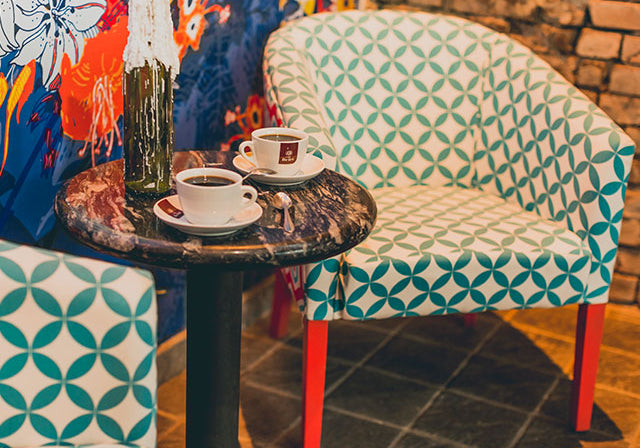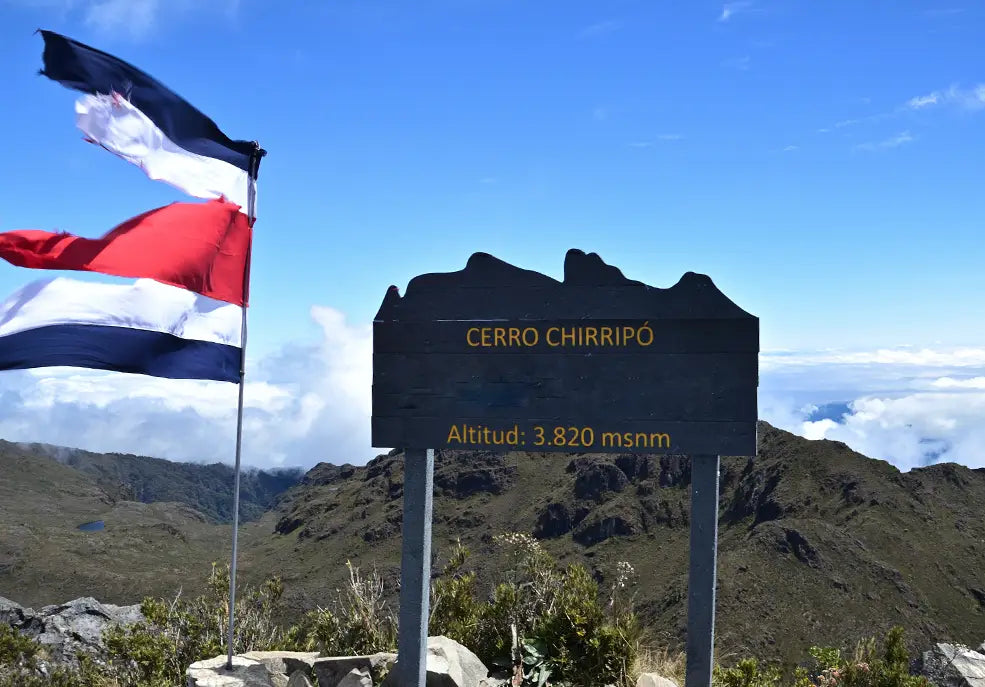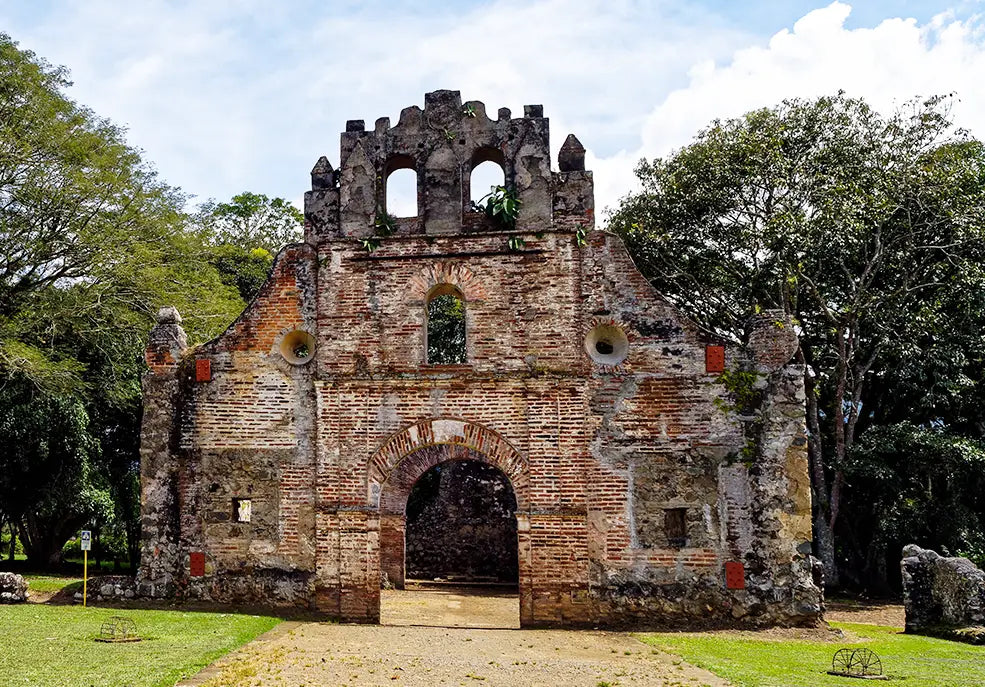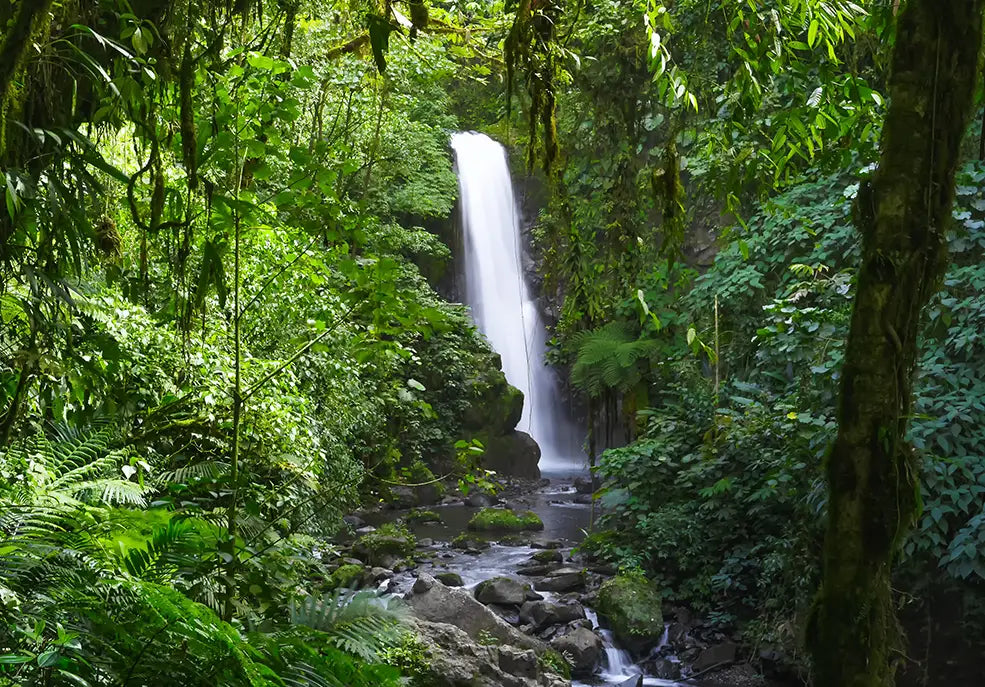Embark on a flavorful journey with Café Britt Chronicles! Discover the secrets of coffee and chocolate, explore Costa Rican traditions, and dive into delicious recipes and brewing tips. Whether a coffee lover, a chocolate enthusiast, or a traveler at heart, find your inspiration here.

JOURNEY TO ORIGIN
Let's go back to where each coffee story begins, when those coffee beans were still encased in coffee cherries. Who picked them? And where? All your questions will be answered, here.
Coffee 101
As coffee lovers ourselves, we know that it sometimes feels like we’ll never know everything we want to know about our favorite drink. Coffee is a world of its own, and even we are sometimes stumped. Unlike most of our visitors, though, we have direct access to some of the greatest minds in the coffee business, all of whom are kind enough to help us out with our doubts.


Chocolate 101
We work with two of the world’s most passion-inducing products: coffee and chocolate. Both can be simple pleasures or the start of a lifelong obsession. Britt chocolate experts fall firmly in the latter category! Dark chocolate, white chocolate, milk chocolate, hot cocoa—we experiment with it all
Coffee Recipes
Try using coffee in ways you never thought of or become your own barista and make delicious espresso drinks from home. Learn everything you need to know right here.


Coffee Corners
To celebrate the culture we hold so dearly, we’re starting a blog series highlighting some of Costa Rica’s most famous coffee shops.
Escape to Costa Rica
Many of the people who love our coffee discovered it in our home, Costa Rica. Whether you relaxed on the beaches of Guanacaste, checked out the wildlife in Manuel Antonio, or enjoyed great food in the capital of Costa Rica, San José, we hope that you had the chance to do so with a cup of Café Britt.
